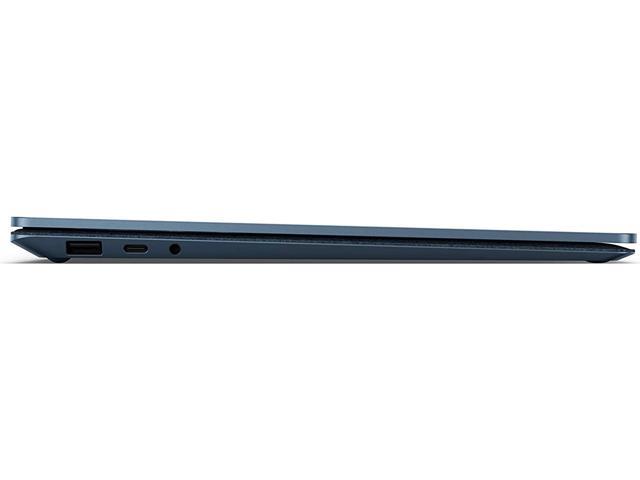Coastal Acoustic Tomographybegins with the specifics required for designing a Coastal Acoustic Tomography (CAT) experiment and operating the CAT system in coastal seas. Following sections discuss the procedure for data analyses and various application examples of CAT to coastal/shallow seas (obtained in various locations). These sections are broken down into four kinds of methods: horizontal-slice inversion, vertical-slice inversion, modal expansion method and data assimilation. This book emphasizes how dynamic phenomena occurring in coastal/shallow seas can be analyzed using the standard method of inversion and data assimilation.
The book is relevant for physical oceanographers, ocean environmentalists and ocean dynamists, focusing on the event being observed rather than the intrinsic details of observational processes. Application examples of successful dynamic phenomena measured by coastal acoustic tomography are also included.
- Provides the information needed for researchers and graduate students in physical oceanography, ocean-fluid dynamics and ocean environments to apply Ocean Acoustic Tomography (OAT) to their own fields
- Presents the benefits of using acoustic tomography, including less disturbance to aquatic environments vs. other monitoring methods
- Includes the assimilation of CAT data into a coastal sea circulation model, a powerful tool to predict coastal-sea environmental changes















